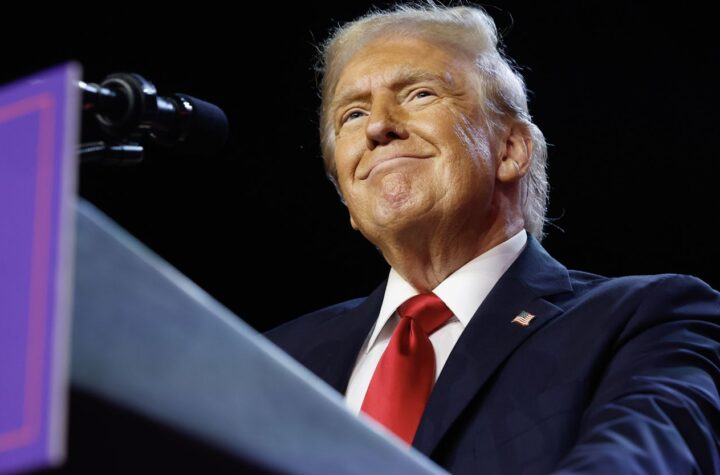In important markets, including the United States and the UK, Netflix has begun its long-promised “crackdown on sharing passwords.” The streaming company announced that customers have to pay $7.99 in the United States if they want to share their account password with someone else. The action was taken to increase subscribers.
But in some countries where it has already been trialled, some are baulking at the expense.
According to Kantar, when Netflix launched this scheme in Spain by charging 5.99 euros, they lost millions of subscribers in just the first three months of the year.
In a prior investor alert, the business acknowledged that cancellations might occur as it expanded its programme but added that, “Longer term, paid sharing will guarantee a bigger revenue base that we can expand as we enhance our services.”
It previously stated that its premium membership base is now greater in Canada than it was prior to the adjustments, which were implemented in February, and that revenue growth has accelerated.
Netflix had earlier determined that, despite it being against its official guidelines, approximately 100 million users shared passwords.
Several major competitors, including Disney, Amazon, and Netflix, have entered the market with their own services.
These entertainment behemoths are competing for consumers, many of whom are feeling the pressure from the rapid pace of general price increases.
With advertisements and price reductions in 116 countries in the three months leading up to March, Netflix has been attempting to entice subscribers with a more affordable streaming option.
In addition, it has been extending its paid sharing plan, which it began testing in a few nations last year.
By informing clients, the initiative is now available in some of the most crucial marketplaces for the business. Netflix has 233 million subscribers all over the world.











More Stories
South Korea imposes a ban on new downloads of DeepSeek AI
Australia bans DeepSeek on government devices due to security concerns
LinkedIn faces accusations of using private messages to train AI